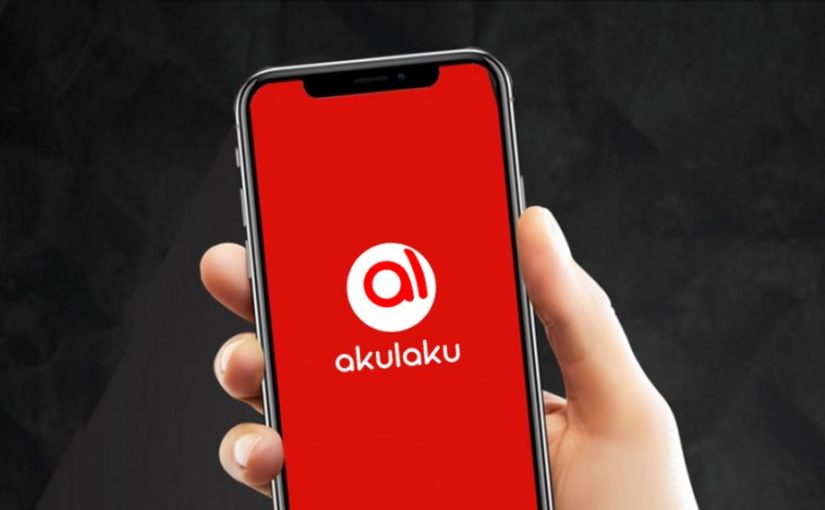Akulaku to receive strategic investment of $100 million or over Rp1.4 trillion from Siam Commercial Bank (SCB), a leading commercial bank in Thailand. This agreement follows last year’s successful funding of $125 million led by Akulaku’s existing investor, Silverhorn Group, which also acts as a financing partner since 2018.
Akulaku’s subsidiary, Bank Neo Commerce (BNC), has finalized a public offering on the Indonesia Stock Exchange with a value around $175 million (over Rp2.5 trillion) in the fourth quarter of 2021. Reportedly, this is the closing of the pre-IPO fundraising series through the SPAC. According to reports on DealStreetAsia, Akulaku will be listed on the stock exchange in 2022.
In an official statement, Akulaku’s CEO, William Li said, the fresh money will be used to continue expanding the geographic coverage of its products and services throughout Southeast Asia and develop innovation. “We established Akulaku to fulfill the daily financial of underserved customers in emerging markets,” Li said, Tuesday (2/15.
Siam Commercial Bank’s President, Dr. Arak Sutivong said this investment marks SCB’s continued commitment and strong belief in Indonesia’s long-term prospects as one of the fastest growing digital economies in the region. The company considers Akulaku as having a dominant market position and well positioned with its innovative technology and superior product offerings.
“We are excited about investing in this company and look forward to leveraging our deep expertise in Thailand’s financial services sector to support its expansion. Investments in Akulaku fit within our regional theses to serve underserved markets using digital innovation. We look forward to partnering with Akulaku as the company grows,” Sutivong said.
Credit disbursement to 6 million users
Founded in 2016, Akulaku has grown into a Buy Now Pay Later (BNPL) and consumer finance platform in Indonesia, claiming to have disbursed more than $2.2 billion in credit to more than 6 million users by 2021. Akulaku’s coverage is not merely in Indonesia, but also in the Philippines, Vietnam, and Malaysia.
Building on this success, BNC launched its mobile digital banking service in March 2021, and is now the fastest growing digital bank in Indonesia with more than 13 million users to date. The company has another financial subsidiary group engaged in lending, Assetku, which operates in Indonesia, and a similar BNPL service that is present in Europe called Wisecart.
With more than 80% of consumers now participating in e-commerce, Southeast Asia’s digital retail market is growing exponentially. Akulaku’s digital credit service is poised to further accelerate the digital transformation of retail in Southeast Asia, providing new markets for consumers with access to flexible banking services.
Akulaku alone is said to have reached the unicorn status since 2019 with a valuation of more than $1.1 billion, according to a report compiled by Credit Suisse entitled “ASEAN Unicorn, Scaling the New Height”. The company is yet to disclose this status to the public.
BNPL to rise after pandemic
A special report on the paylater ecosystem in Indonesia released by DSInnovate stated that paylater became the second favorite service in 2020 (72.5%) or slightly below digital wallet platforms which had recognition of 82.2%.
On the other hand, the e-commerce’s positive trend which strongly accelerated by the pandemic has also triggered the high adaptation of paylater products in the community. In fact, ResearchAndMarkets has released a research at the end of 2020 stated that the Gross Merchandise Value (GMV) is predicted to grow at US$8.5 billion in 2028 and estimated to help boost paylater facilities by approximately 76.7% annually. .
Likewise, the latest research by Kredivo and the Katadata Insight Center entitled “Consumer Behavior of E-Commerce Indonesia 2021” also shows an increase in paylater users. There are 55% new users who use the Kredivo paylater feature.
The high number of paylater users also has a positive impact on the supply side, where this feature is able to help merchants increase AoV (average order value), increase sales by offering credit without a credit card, and also increase sales conversions by reducing friction during the shopping process.
While paylater has two classifications: paylater owned by digital startups (e-commerce, OTA, ride-hailing service, and others) and the paylater service owned by fintech startups. In Indonesia, there are many fintech companies that provide paylater services. The implementation is not limited, paylaters made by fintech generally become “online” credit platforms that can be used anywhere, from e-commerce to retail outlets.
–
Original article is in Indonesian, translated by Kristin Siagian
